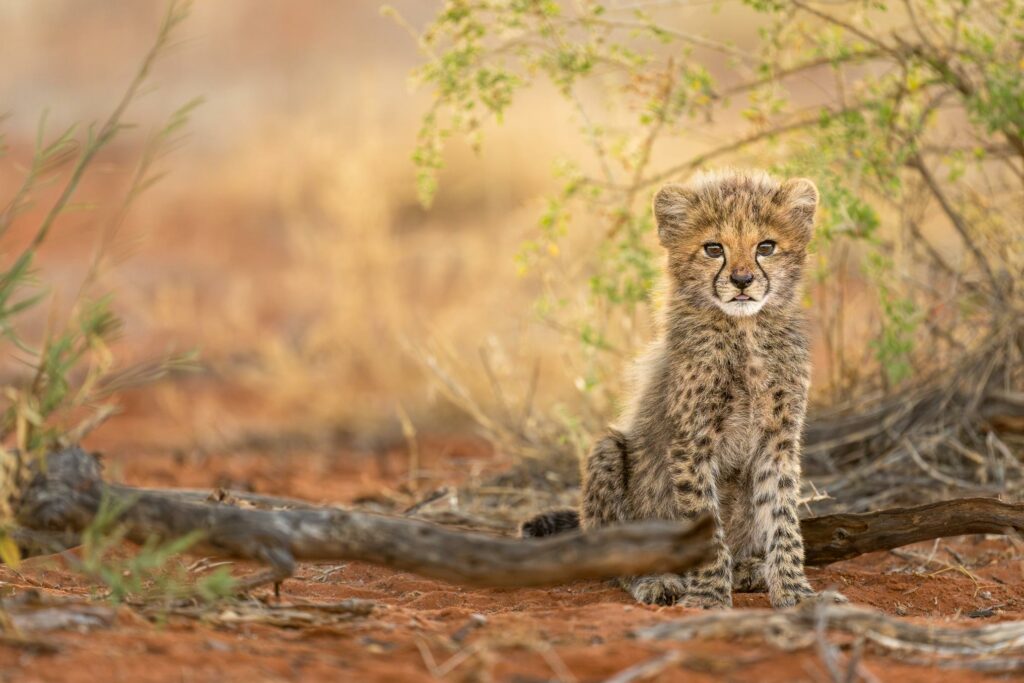Our Stories
Environmental Research Stories
PRINTS FOR A PURPOSE
Your purchase of wildlife photography from Tswalu helps support the science behind our conservation vision as 50 percent of the sale of these limited-edition prints is donated to the Tswalu Foundation to help fund research.
IMPACT OF CLIMATE CHANGE ON SNAKE HABITAT
Wits PhD candidate Azraa Ebrahim is studying the thermal physiology of a snake called a puff adder, a project that falls under the climate change focused Kalahari Endangered Ecosystem Project (KEEP).
SUSTAINABILITY CHAMPIONS INFLUENCING CHANGE
Sustainability champions are an integral part of Tswalu’s sustainability journey. These volunteers raise awareness among those who live on the reserve to be more accountable for their carbon footprint.
WHY BIODIVERSITY MATTERS
Biodiversity accounts for the variety and variability of life on earth, from genes to entire ecosystems. Marcus Westberg outlines the many reasons why restoring biodiversity is essential to both planet and people.
NATURE’S HEALING POWER
The human disconnect from the healing power of nature has been a long time coming, made worse by our overwhelming reliance on technology. We need to carve out time in nature, suggests Marcus Westberg.
TSWALU, A DESTINATION SAFARI
Did you know that Tswalu is one of Africa’s largest intact arid savannahs? Here are 10 facts about Tswalu, a wonderfully remote yet easily accessible safari destination.
GROUND PANGOLIN’S DIET AND CLIMATE CHANGE
How does one go about studying the food preferences of one of the world’s most shy and elusive mammals? In a recent article researcher, Dr Wendy Panaino addressed the puzzle of what pangolins eat by collecting pangolin scats.
PRIVATE CONSERVATION EXPERIENCE
Sponsorship by a guest contributes directly to a credible and vital rhino conservation project, directly impacting the conservation of the species on the reserve.
STUDYING SMALL MAMMALS
Considering their large impact on ecosystems, small mammals - especially mice, sengis and shrews - are particularly useful indicators of habitat health.
